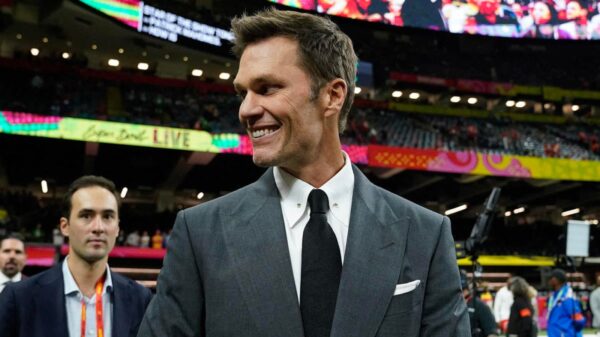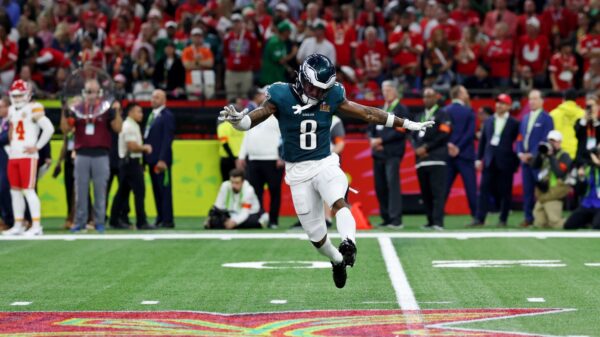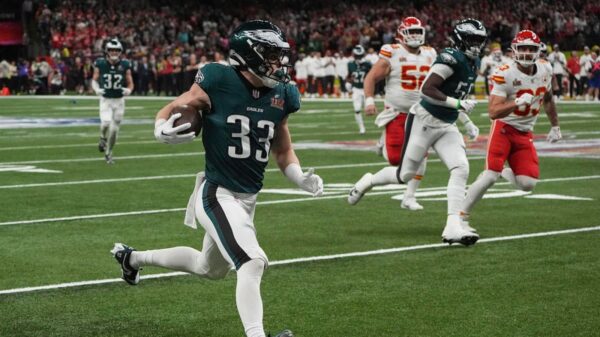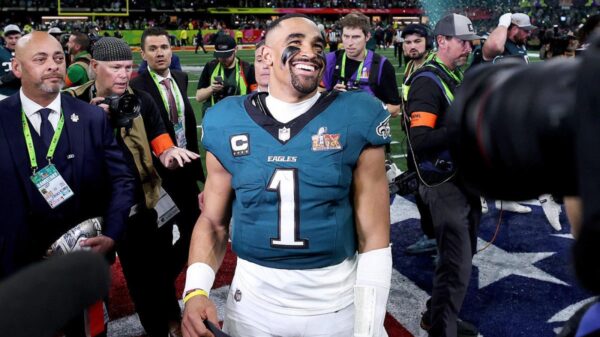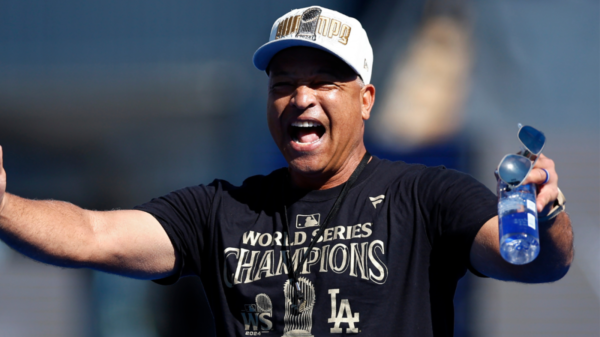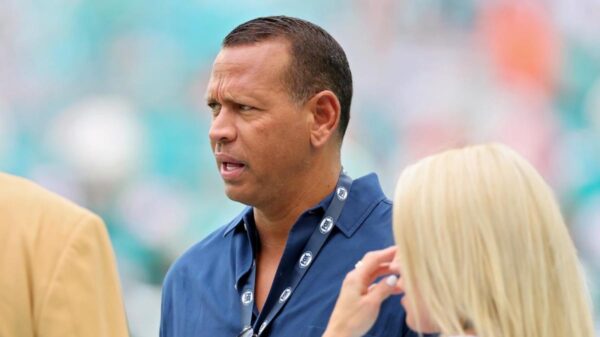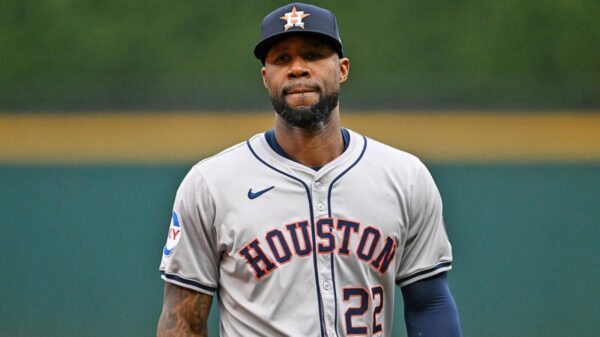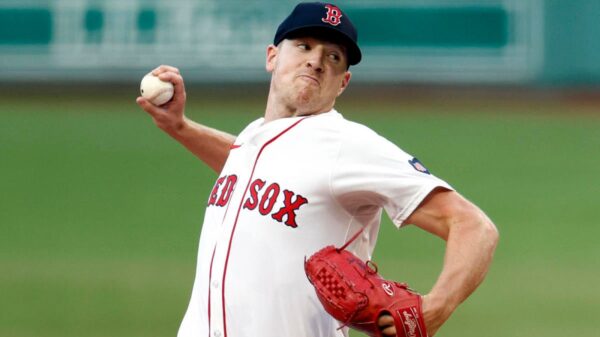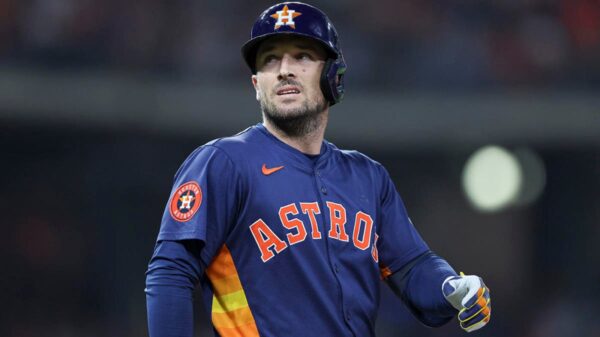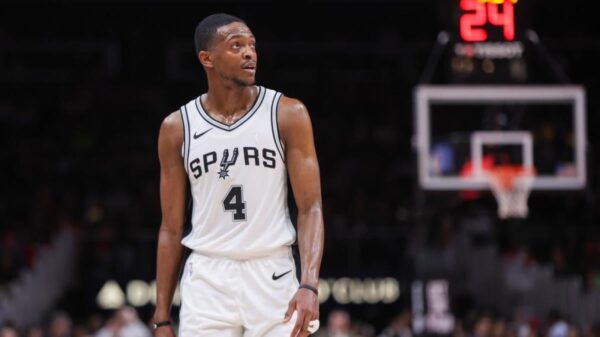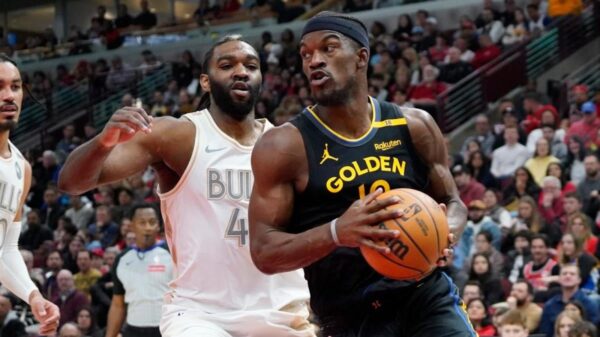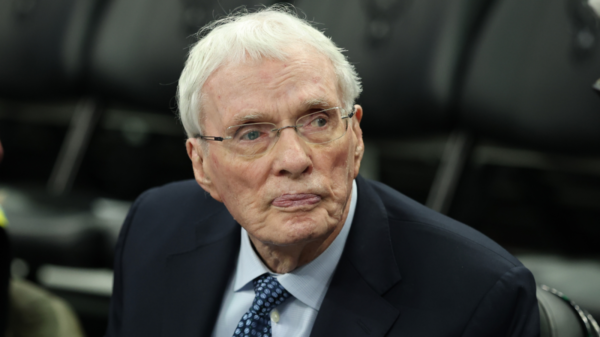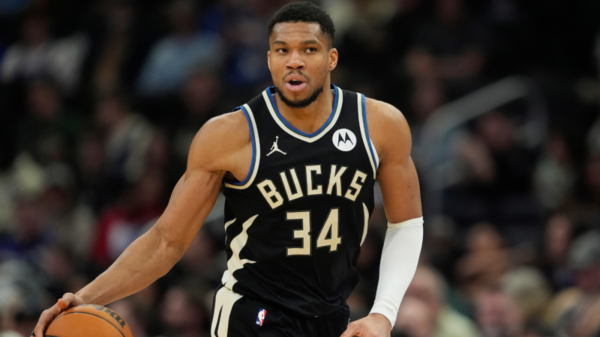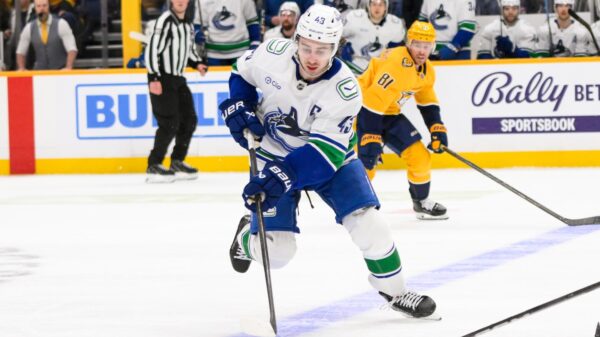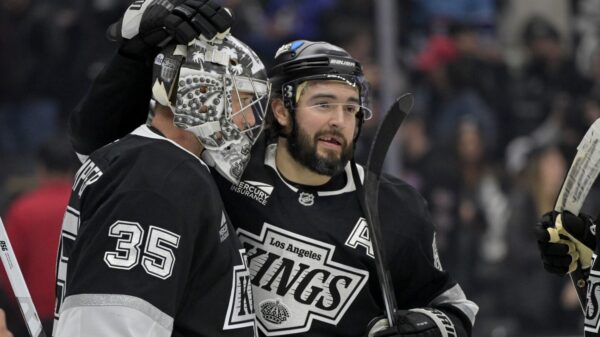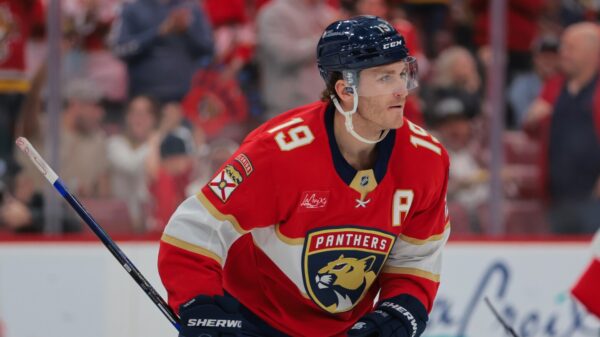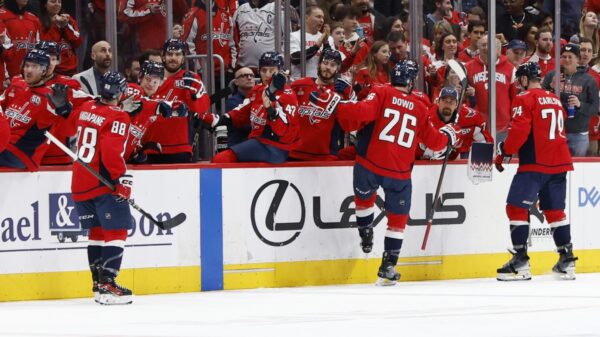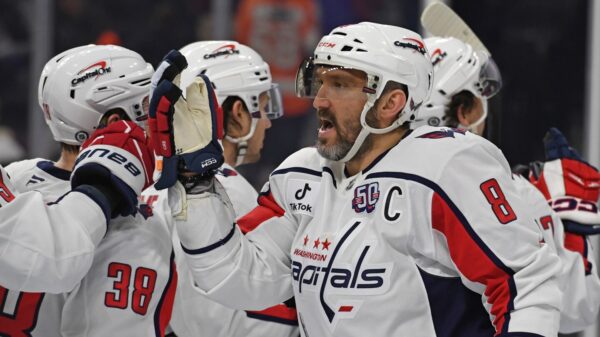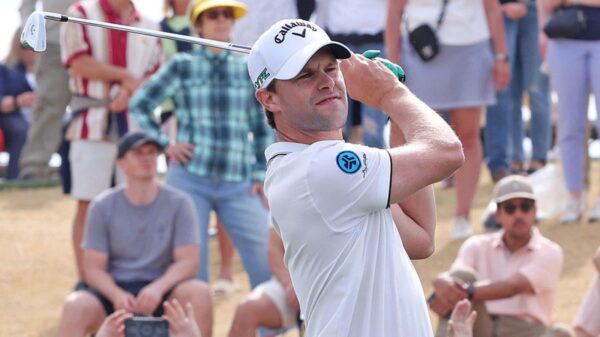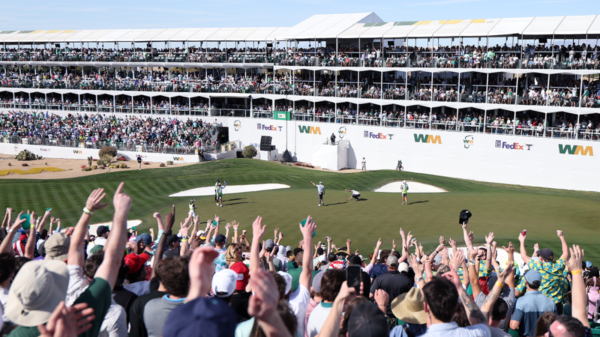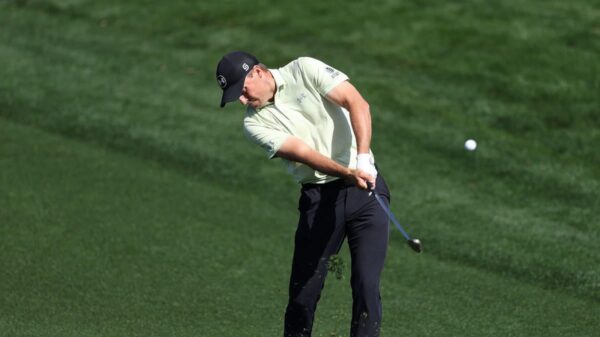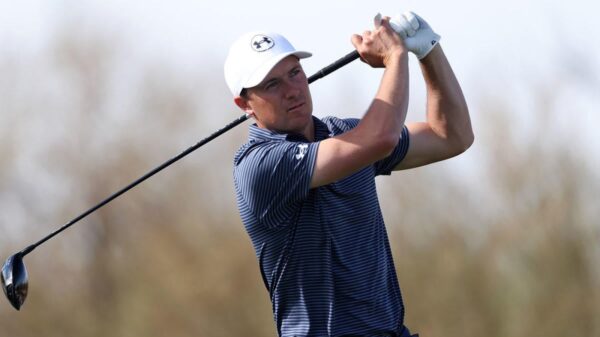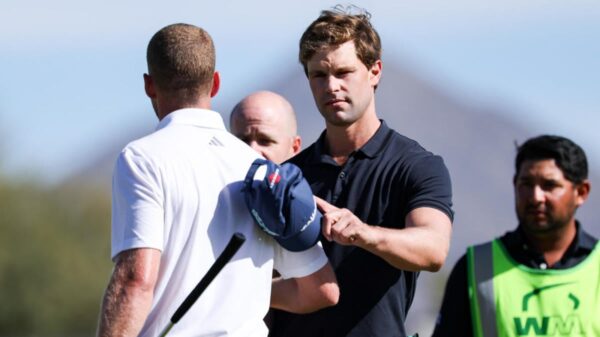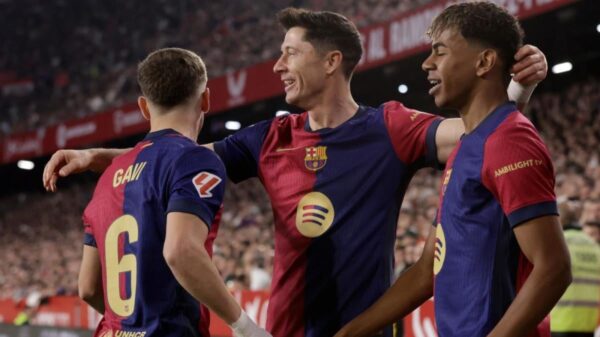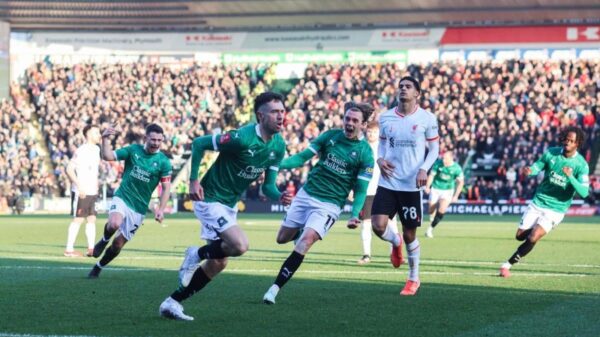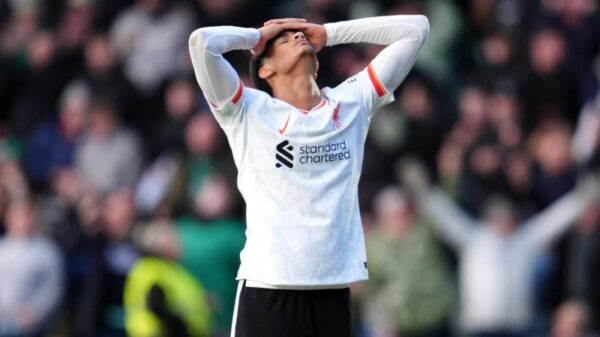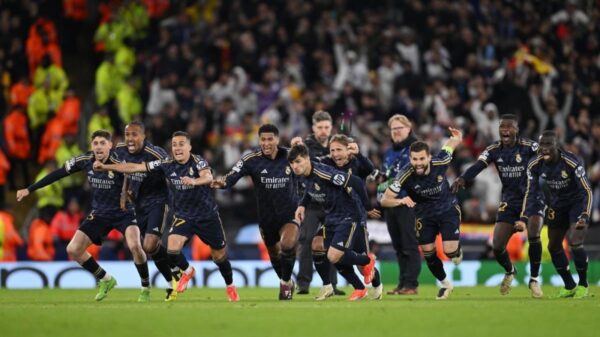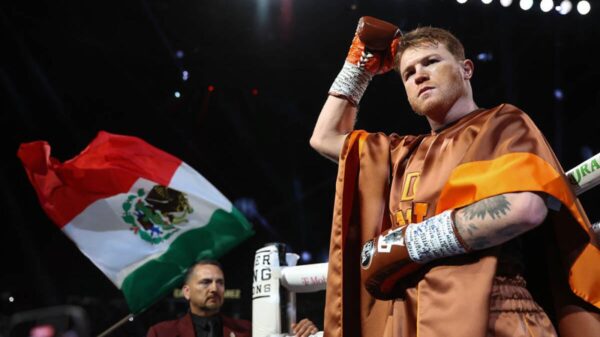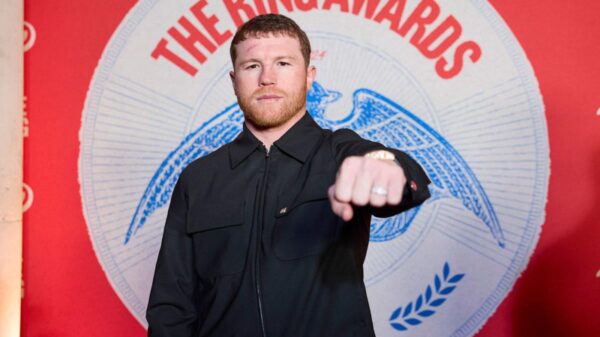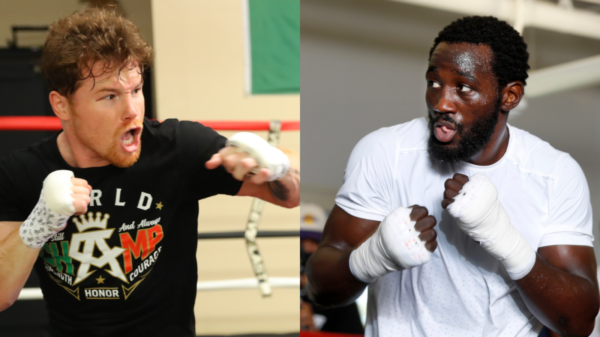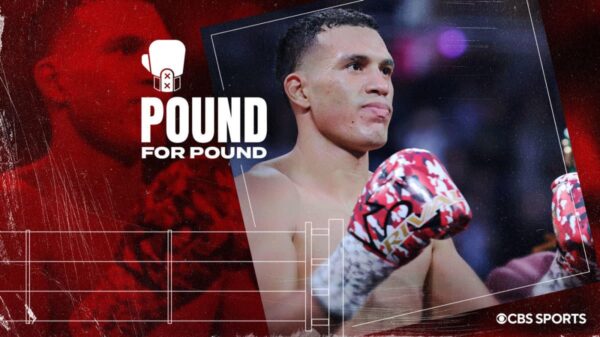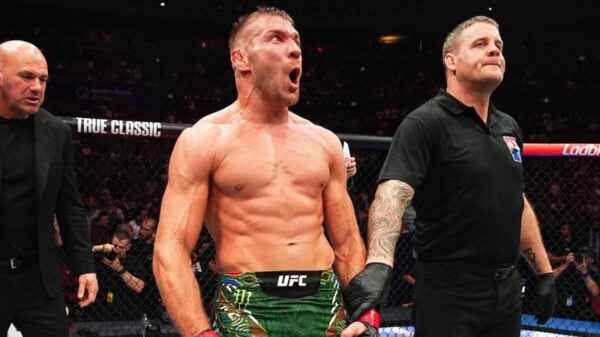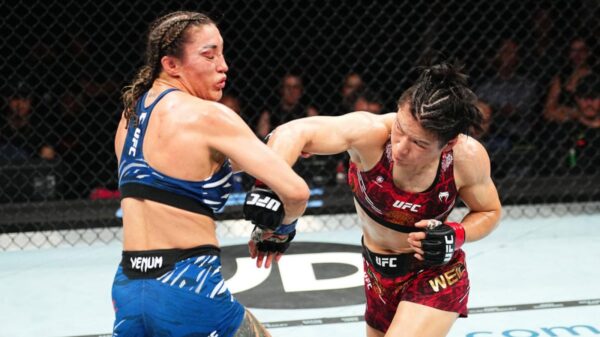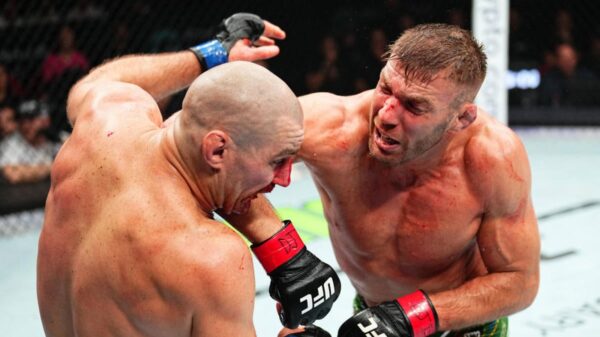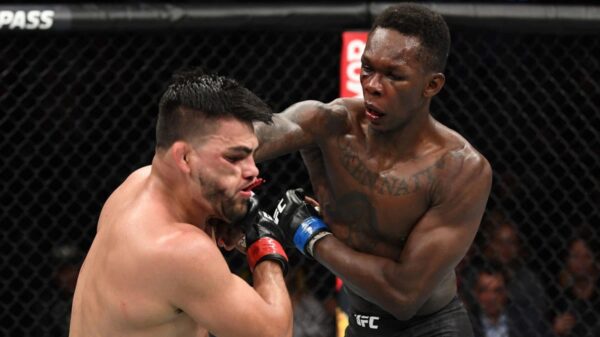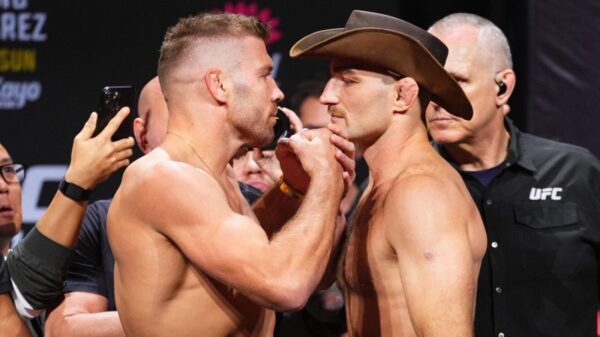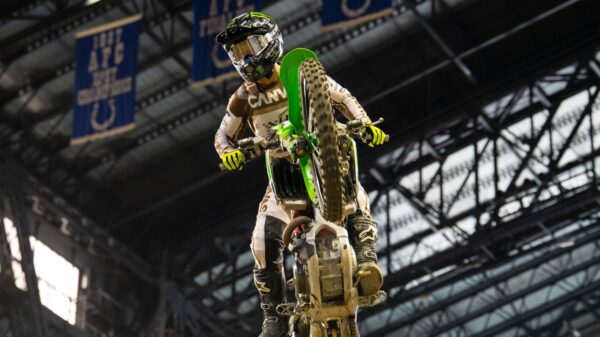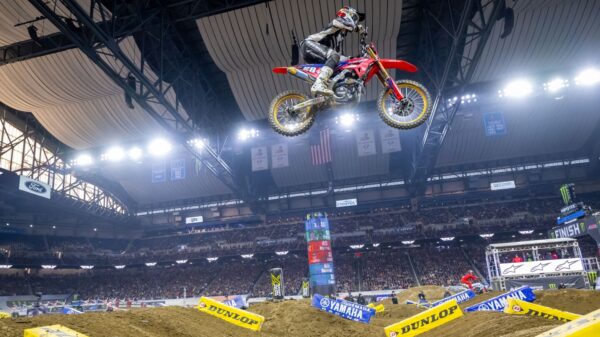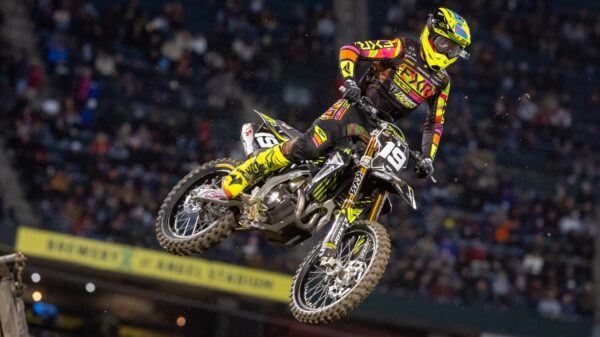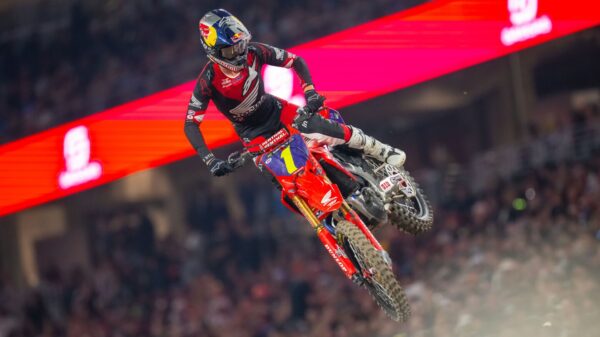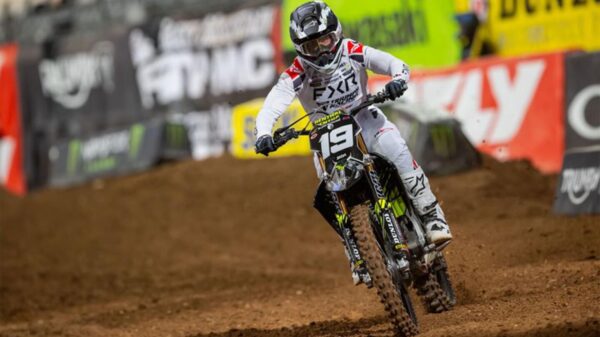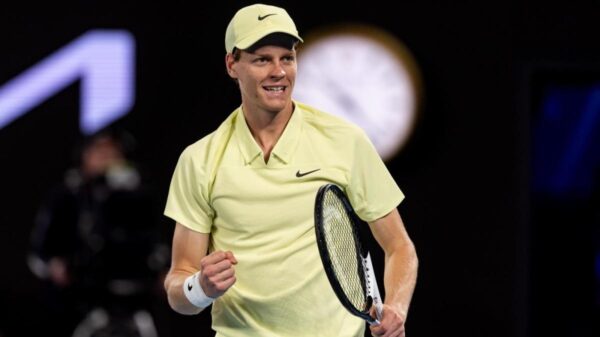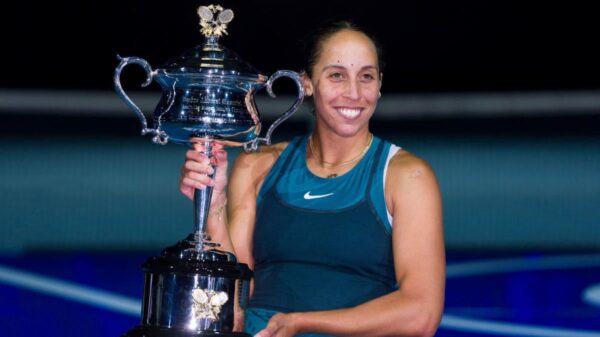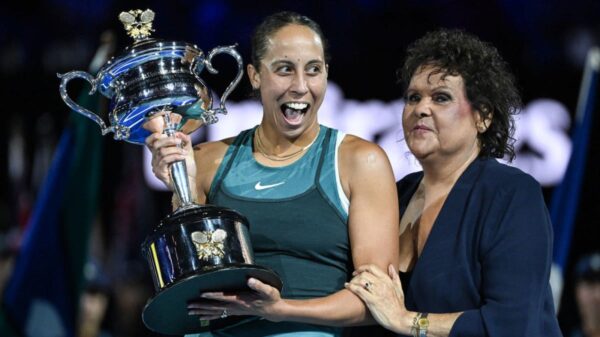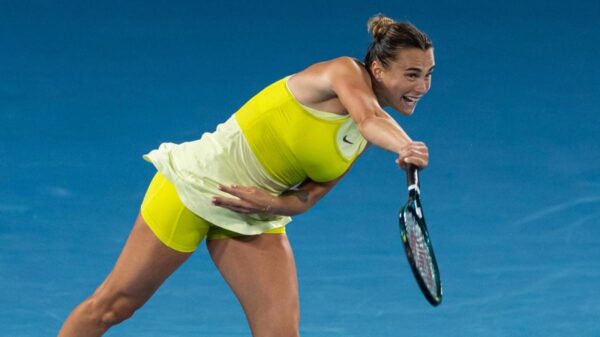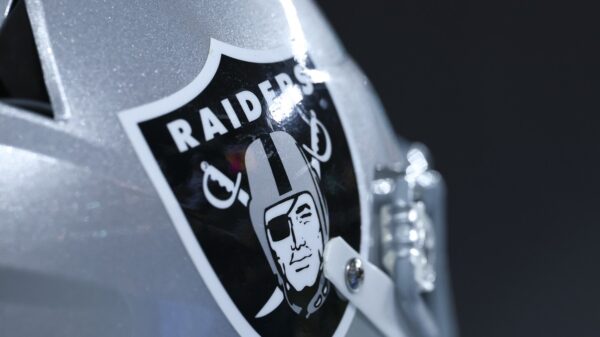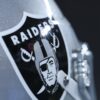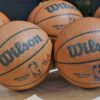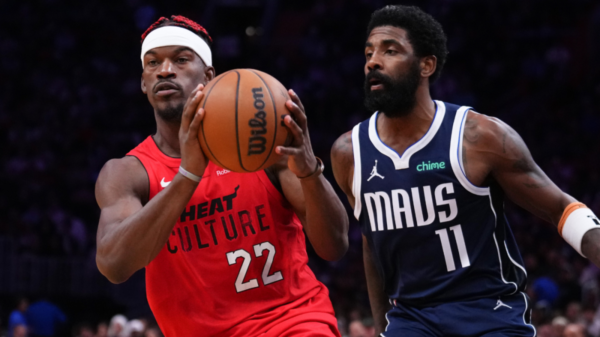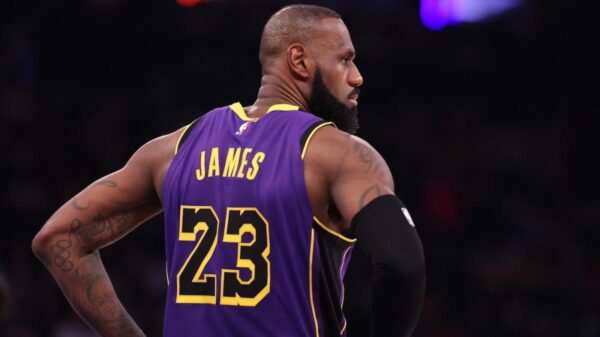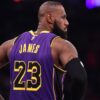It’s been a little more than a week since the Dallas Mavericks made the widely-panned decision to trade Luka Doncic to the Lakers for a package built around Anthony Davis, and the reception has not improved. Mavericks fans have protested. Critics have called it one of the worst trades in NBA history. Davis thrived early in his first game in Dallas, but left with an injury. It’s far too early to say whether the trade will be a success or failure, but the aftermath of the deal certainly hasn’t painted the team in the best light.
On Sunday, for example, assistant coach Marko Milić, the first Slovenian to ever play in the NBA, stepped down from his role on Jason Kidd’s staff, according to Marc Stein. He reportedly did not want to remain with the team without Doncic, who is also Slovenian. That decision was ultimately his to make, but Dallas leadership hasn’t helped matters with some of the comments it has made since the deal was completed.
General manager Nico Harrison raised eyebrows when he essentially dismissed the deal’s long-term impact on the team. “The future to me is three to four years from now,” Harrison told reporters hours after finalizing the deal. “The future ten years from now — they’ll probably bury me and [Mavericks coach Jason Kidd] by then. Or we’ll bury ourselves.”
On Sunday, Mavericks owner Patrick Dumont issued his first public comments since the deal in an interview with Brad Townsend of the Dallas Morning News, and, well, they’re not going to help the situation. While he did not name Doncic, specifically, as a player who did not live up to these ideals, he hinted at the reporting and discourse surrounding Doncic’s conditioning and health by citing other superstars he views as the ideal he wants his Mavericks to strive towards.
“In my mind the way teams win is by focus, by having the right character, by having the right culture, and having the right dedication to work as hard as possible to create a championship-winning outcome,” Dumont said. “And if you’re not doing that, you’re going to lose.”
At this point, according to Townsend, Dumont’s tone turned forceful.
“If you look at the greats in the league, the people you and I grew up with — [Michael] Jordan, [Larry] Bird, Kobe [Bryant], Shaq [O’Neal] — they worked really hard, every day, with a singular focus to win,” he said. “And if you don’t have that, it doesn’t work. And if you don’t have that, you shouldn’t be part of the Dallas Mavericks.
“That’s who we want. I’m unwavering on this. The entire organization knows this. This is how I operate outside of basketball. This is the only way to be competitive and win. If you want to take a vacation, don’t do it with us.”
On the surface, sure, emulating the best players in NBA history is not a bad strategy. The problem here is that his own examples are proof of the different paths that exist to greatness. Jordan and Bryant were well-known workaholics who prioritized fitness and time in the gym over all else.
O’Neal, famously, did not. While he was a historically dominant player, his conditioning was frequently a point of contention between him and Bryant. He typically used the regular season to play himself into shape for the playoffs, and on at least one occasion delayed a surgery because, as he put it, “Since I suffered the injury on company time, why shouldn’t I also be able to get surgery and do recovery on company time?” Whatever his faults may be, Doncic is certainly better-conditioned than O’Neal was for the majority of his playing days.
The NBA wasn’t quite as fitness-obsessed in Bird’s time as it is now, but it’s worth noting that Bird’s propensity for beer was well-known. Doncic is never known to have gotten into a bar fight during the conference finals, but Bird did back in 1985. After the fact, Bird would go on to find the silver lining in the incident. “The one good thing about all this is that maybe people finally understand that I’m human,” Bird said. “I make mistakes; I’ve made a lot of mistakes. I like to drink beer and go out and have a good time — I’m human.”
Doncic, obviously, has not made a mistake of that caliber, but the principle applies to him in that he, too, is human. He doesn’t need to approach basketball in quite the same way as Jordan or Bryant to be as successful as they were. If Doncic winds up achieving anywhere near as much as Bird or O’Neal did, his career will have been a massive success. Not every legendary career plays out in exactly the same way.
Dumont called culture “very important” and “what we’re focused on.” Harrison voiced a similar ethos in his post-trade press conference. “There’s people that fit the culture and there’s people that come in and add to the culture. And those are two distinct things,” Harrison said. “And I believe the people that [are] coming in are adding to the culture.” While neither Harrison nor Dumont directly addressed the rumors about Doncic’s conditioning or any perceived impact he may or may not have had on the culture in Dallas, it’s hard not to read between the lines here and think that they ultimately decided that he was not driving the sort of culture that they wanted.
And if that’s why they elected to move him, well, it shows a pretty strong misunderstanding of how championships tend to be won in the NBA. No two championship teams are identical in personality, but what almost all of them have in common is that they are led by one of the very best players in the NBA, and usually, that player’s value is driven by his ability to create shots for himself and others. Doncic is such a player, and now, he’ll bring those traits to the Los Angeles Lakers.
Read the full article here

